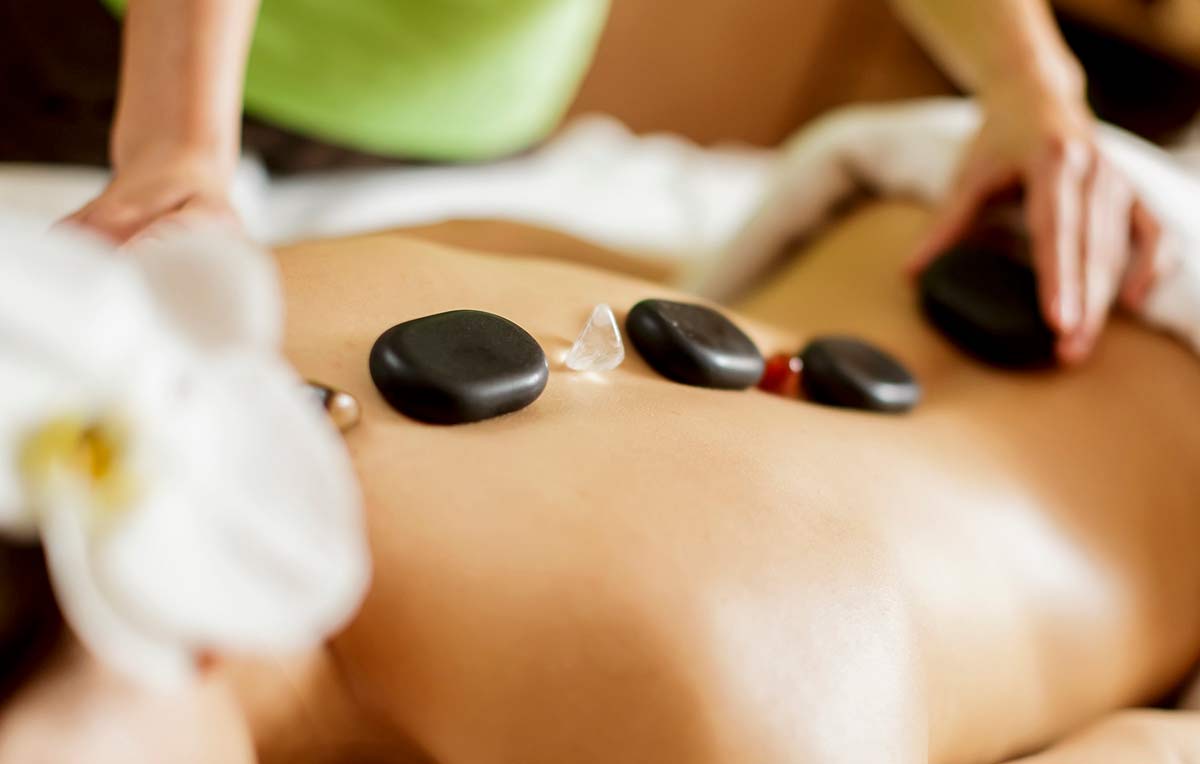
Swedish Massage
It involves the use of hands, forearms or elbows to manipulate the superficial layers of the muscles to improve mental and physical health. Active or passive movement of the joints may also be part of the massage. The benefits of Swedish massage include increased blood circulation, mental and physical relaxation, decreased stress and muscle tension, and improved range of motion.
Benefits
Unlike drug therapy, which is often associated with many systemic and long-term side effects, massage therapy is relatively safe and has few contraindications. It also provides many benefits.
Physical benefits
There are numerous physical benefits associated with the use of Swedish massage:
- loosening tight muscles and stretching connective tissues
- relieving cramps and muscle spasms and decreasing muscle fatigue
- loosening joints and improving range of motion
- increasing muscle strength
- calming the nervous system
- stimulating blood circulation
- firming up muscle and skin tone
- relieving symptoms of such disorders as asthma , arthritis, carpal tunnel syndrome , chronic and acute pain syndromes, myofacial pain, headache , temporomandibular joint (TMJ) dysfunction, and athletic injuries
- speeding up healing from injury and illness
- improving lymphatic drainage of metabolic wastes
Mental and emotional benefits
Mental benefits associated with massage therapy include the following:
- mental relaxation
- improvement in length and quality of sleep
- relief of stress, depression, anxiety and irritation
- increased ability to concentrate
- improved sense of well-being
Description
In Swedish massage, the person to be massaged lies on a massage table and is draped with a towel or sheet. It is a full-body massage treatment, except in areas that are contraindicated or where the client requests not to be touched. Aromatic or unscented oil or lotion is used to facilitate the massage movements. Each session usually lasts 30-60 minutes. Depending on the client’s preferences, a massage session may involve the use of several or all of the following basic techniques: effleurage, petrissage, friction, vibration, and tapotement.

